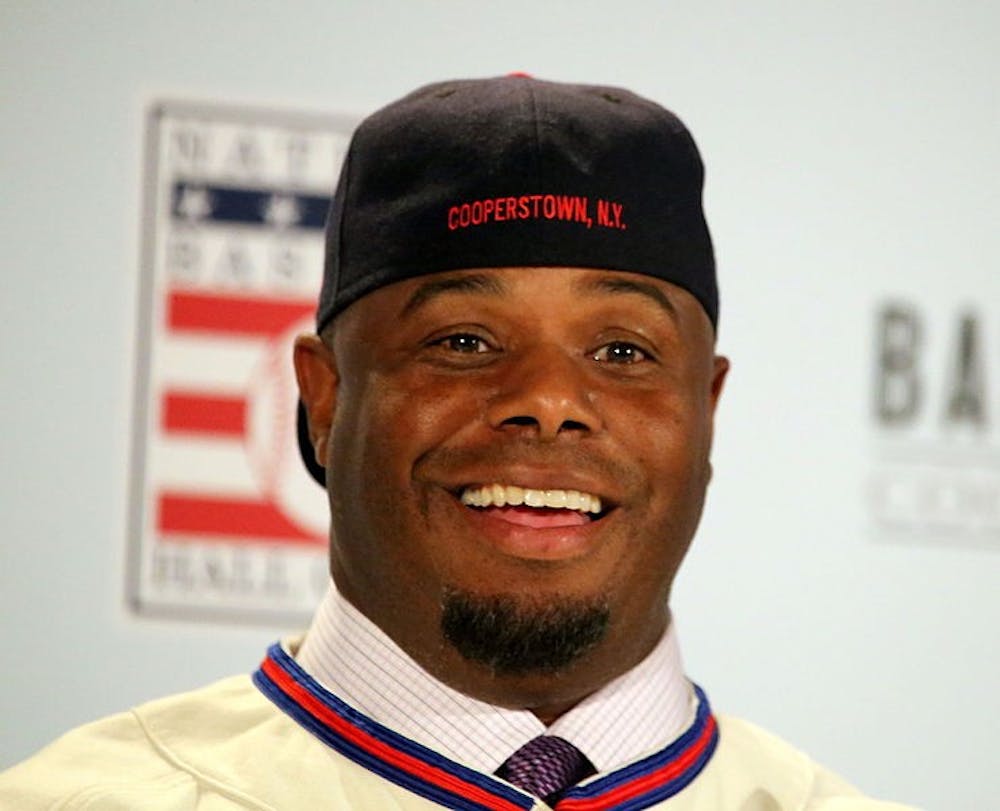
Baseball has always been a sport based in years and years of tradition. As the oldest major professional sport in North America, and the second-oldest sport only to lacrosse, there is so much history behind every facet of the game. It is understandable for a sport that started in the mid-1800s to be entrenched in certain values and customs.
America’s pastime follows a bevy of rules that aren’t necessarily in the official rulebook. These rules are widely regarded as the “The Unwritten Rules” of the game and are seen as a sort of code to live by for many within the sport. Most players are taught them at an early age, and it sticks with them in the back of their head throughout their entire career, like a nagging reminder to stick to an old, outdated system.
Early in a young player’s career, any sort of independent personality or entertaining nature is snuffed out. One unwritten rule ingrained into the head of almost every baseball player is to never admire any home run that you hit, ever. The term admire is used very loosely as well. It pretty much translates to, “Don’t do anything that the pitcher wouldn’t appreciate after you have bested him, or you’ll pay for it with a pitch at your head.”
Another ridiculous rule that seems to show up at least two to three times a season is one that basically means, “Don’t compete.” The rule that someone shouldn’t bunt to break up a no-hitter is incredibly pervasive for no good reason other than “bunting is soft.” If a pitcher is dealing and there seems to be no other way to counteract his great performance, you’re supposed to just lay down and let him mow over your team. God forbid you ever bunt and try to spark a rally for your team.
The most egregious error that any baseball player could possibly make is to “not play the game the right way.” This is an all-encompassing rule that is widely interpreted as not disrespecting the game of baseball in any way. The possible disrespect can come in many forms: flipping the bat after a home run, adding too much style on a certain play or showing up the opposing team by exhibiting too much enthusiasm after a big play.
The effect of these unwritten rules is the subsequent stifling of any sort of fun or individuality within the sport. This game has been so entrenched in its “sacred” traditions that the rules have attempted to choke out any sort of enthusiasm or fun. Those who have been in the game for decades frown upon any sort of expression of excitement. They would rather have the game be a stoic, serious matter for three and a half hours every day, operating more like a business meeting than a game.
The game of baseball already struggles with popularity. Fans lament that the game itself is too boring, that it’s an old man’s game and is not suited for society today. The solution is not to adhere to the very outdated traditions that are keeping the game from achieving higher levels of popularity.
Look at other sports that have achieved exorbitant levels of popularity and have been able to sustain it. The NBA currently holds the mantle as the most exciting League in North America, and it is brimming with colorful personalities.
Every day, the basketball world lights up social media and popular culture with stories about the activities and lives of NBA players. Why? It is because we see the full scope of each NBA star’s personality. They have fun, they celebrate, they show off and they get in each other’s faces. As people and consumers, that is what we want. We want our stars to entertain us, not only with their talent but with their antics as well.
Think about the NFL and their excessive celebration penalties. For each week of the past season, more attention was paid to highlights of NFL games, not because the product was any better (it wasn’t) but because the League loosened its policy on celebrations. Players were allowed to express their creativity and humor in their celebrations, exciting social media and bringing increased popularity to individual players, and subsequently the game.
The majority of MLB stars are known strictly for being good baseball players. Due to their upbringing in the sport, most just go about their business, playing the game extremely well. That’s all well and good for the old heads of the sport, but having boring on-field personalities will only be a detriment to the sport.
Los Angeles Dodgers outfielder Yasiel Puig is a prime example of a perfect intersection between talent and personality. When Puig exploded onto the scene, he captivated the League with explosive talent and even more explosive personality. ESPN would cover every at-bat and game at the height of his popularity. Sports talk radio was foaming at the mouth whenever Puig would do something worthy of mention.
His 400-foot bombs came with exuberant bat flips. Even his RBI singles came with bat flips. Baseball purists hated the way that he played, but it didn’t matter. His style of play was electric and was a lightning rod for popularity. In exchange for their traditions, he brought more eyes and intrigue to the sport.
The old farts that scream about respecting the game are ultimately holding the game back from reaching mainstream levels of popularity. These are the same people who cried bloody murder when one of the greatest players of all time, outfielder Ken Griffey Jr., wore his hat backwards because they believed, “That’s not how baseball should be played.” He went on to have the first ever signature shoe for a baseball player.
Baseball is supposed to be a game. Games are meant to be fun. The dated traditions of baseball are the antithesis of self-expression and excitement. Baseball would prosper if the current group of players were able to shed the burden of these traditions, allowing it to rise to new heights of popularity in society.





